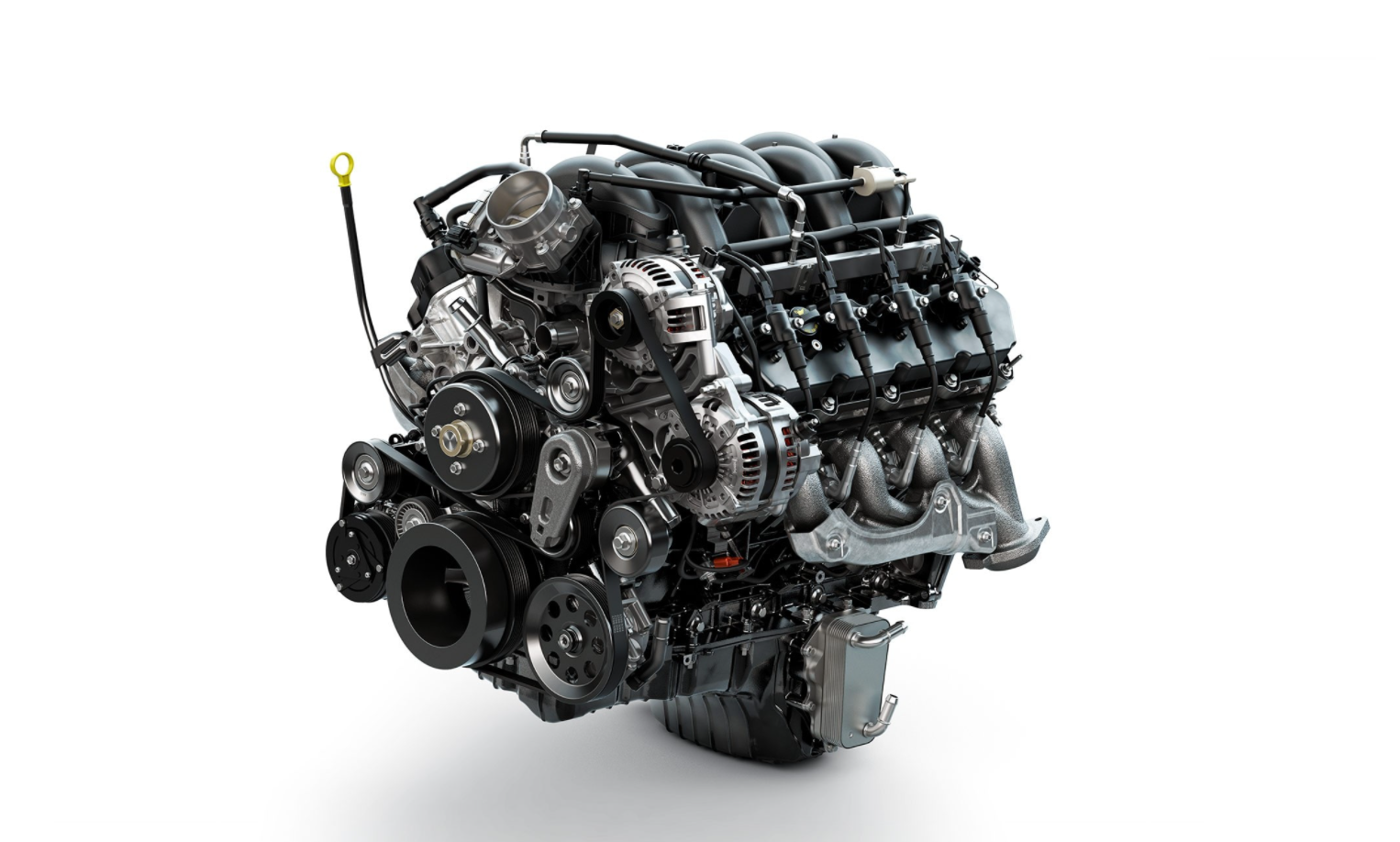Comprehensive Guide to Car Specifications, Brands, and Maintenance
When evaluating a vehicle, the engine’s technical details play a crucial role. Below, we break down key aspects of powertrain configurations https://myenginespecs.com/.

Key Engine Parameters Every Buyer Should Know
Modern propulsion systems vary significantly across manufacturers. Here are the critical metrics:
Displacement and Cylinder Arrangement
Most passenger vehicles feature inline-4 or V6 layouts, with displacements ranging from 1.0L turbocharged units to 6.2L naturally aspirated powerplants.
Forced Induction Systems
Turbochargers and superchargers dramatically affect output. For instance, Ford’s EcoBoost 2.3L produces 310hp despite its modest size.
Hybrid and Electric Powertrains
BEVs like Tesla Model 3 boast instant torque delivery, while PHEVs such as Toyota RAV4 Prime combine efficiency with extended range.
Exploring Major Automotive Brands and Their Lineups
The global auto market features distinct manufacturers with unique engineering philosophies.
German Engineering Excellence
BMW, Mercedes-Benz, and Audi dominate the premium segment with their focus on driving dynamics and luxury.
BMW’s Driving Pleasure Philosophy
Rear-wheel-drive platforms and precise steering define models like the 3 Series and X5 SUV.
Japanese Reliability Leaders
Toyota and Honda continue setting benchmarks for durability with vehicles like the Camry and CR-V.
Subaru’s Symmetrical AWD
Unique among mainstream brands, Subaru equips nearly all models with standard all-wheel-drive systems.
Detailed Vehicle Specifications Comparison
Beyond horsepower figures, these parameters determine real-world usability.
Payload and Towing Capacities
Full-size trucks like Ford F-150 can haul up to 3,325 lbs, while SUVs such as Chevrolet Tahoe manage 8,400 lbs towing.
Fuel Efficiency Across Segments
Compact hybrids achieve 50+ mpg, whereas performance sedans like Charger Hellcat drop to 13 mpg city.
Electric Vehicle Range Figures
Lucid Air Dream Edition leads with 520 miles EPA, compared to Nissan Leaf’s 149 miles.
Automotive Repair Cost Analysis
Maintenance expenses vary dramatically depending on brand and component.
Luxury Vehicle Maintenance Premiums
Porsche 911 annual upkeep averages $1,200, versus $500 for Honda Accord.
Transmission Rebuild Expenses
CVT replacements in Nissan models often exceed $3,500, while conventional automatics cost $2,000-$2,800.
EV Battery Replacement Costs
Early Nissan Leaf packs required $5,500, though modern Tesla modules rarely need replacement.
Automaker Histories and Corporate Profiles
Understanding manufacturers’ backgrounds explains their product strategies.
Ford’s Manufacturing Legacy
Since 1903, the Blue Oval pioneered assembly line production and the F-Series trucks.
Toyota Production System
Their lean manufacturing philosophy revolutionized quality control across industries.
Emerging Chinese Brands
BYD and NIO now challenge established players with competitive EV offerings.
Frequent Automotive Issues and Solutions
Certain problems recur across makes and models.
German Luxury Car Electrical Gremlins
BMW iDrive and Audi MMI systems often require control module updates.
Subaru Head Gasket Failures
2010-2014 FB engines commonly leak coolant at 80,000-100,000 miles.
Domestic Truck Transmission Woes
GM’s 8L90 gearbox in Silverados exhibits harsh shifting when overdue for fluid changes.
Tesla Build Quality Concerns
Panel gaps and paint imperfections remain common despite technological leadership.

